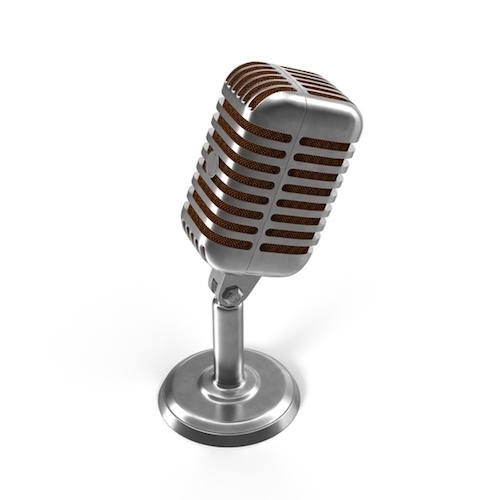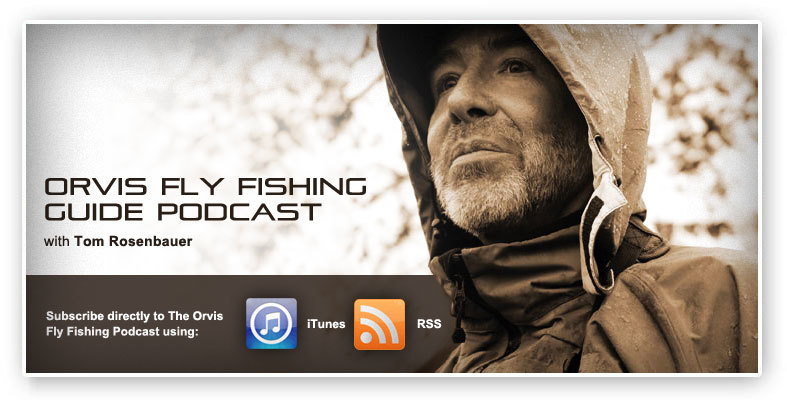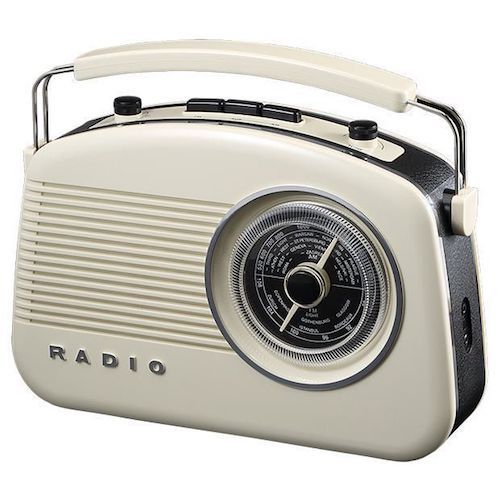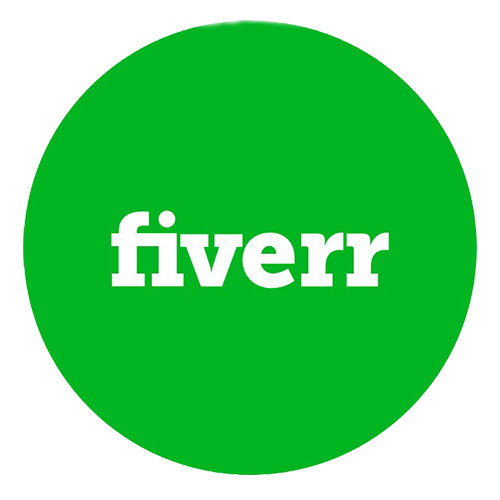Podcast vs radio - is there really that much difference between the two? Discover key contrasts on how podcasting differs from radio broadcasting, and which is best for you.
Podcast vs Radio: 5 Differences You Probably Didn't Know

1. Live vs On-Demand
So the biggest, and probably most obvious, difference is that radio is broadcast live, and podcasts can be listened to whenever the listener chooses. As such, the format of how you address your audience changes. In live radio, you’ll need to reintroduce your station and yourself in every speaking break because listeners could tune in at any point during the show.
With a podcast, listeners will always start at the beginning of an episode, so this is the only time you need to introduce the show and yourself.
2. Mass Audience vs Niche Audience
Usually, radio stations are created to appeal to a mass audience (As many people as they can from all areas of life!), so they will cover a wide variety of topics, or focus on an “umbrella” topic like, for example, Musicals.
Whereas podcasts are geared towards a more niche audience (Still as many people as possible but geared at a certain group of people!), so they will hone in on one particular part of an “umbrella” topic, so, to carry on our example, instead of Musicals, it may focus on just one musical. For example, the Orvis Fly Fishing Guide Podcast, which focuses, obviously, on Fly Fishing.

Radio usually needs to appeal to a mass audience in order to thrive and grow, so they need to cover a wide range of topics to appeal to as many people as possible. Podcasting, on the other hand, relies on appealing to a niche audience by bringing up specific topics that will interest their specific target audience.
3. Watch Your Language!
On live radio, you have to watch what you’re saying. Things like swearing, or laughing during an obituary (Yes this actually happened once!) are completely inappropriate but once you’ve made that mistake, you have to carry on and deal with it. Take this clip of Charlotte Green on BBC Radio 4.
Her producer ended up saying something to make her laugh during the clip of the Oldest Recording of a Human Voice, so when she tried to move on to the next thing, which was, unfortunately, an obituary, she cracked up. Of course, she apologised and moved on later on.
However, these impromptu moments can actually improve your relationship with your audience by making you more personable, as long as you take appropriate measures to apologise after incidents like this. Podcasting allows you to take the time to edit your mistakes out. This makes the whole thing sounds a lot neater, cleaner, and it gives you less to worry about as you can cut out anything that you feel won’t sit right with your audience.
However, you do risk over-editing and making things sound very robotic and less-human, as some people go to the extent of cutting out all laughter and pauses.

4. Ease of Access
This is something that is rapidly changing as the industry is changing, but radio is pretty easy to access. If you’re listening to an FM/AM/DAB station, you pretty much just need to push a button, maybe tune the radio in to the station, but that’s it. With a Podcast, you need to go searching for the ones that you like through searching Google or iTunes.
This is still relatively easy but it involves more steps than radio, with searching for podcasts in a category you like, picking one you like the sound of, and subscribing. Radio involves simply switching on the radio and maybe tuning it in. Although, as we mentioned, both platforms are getting easier to access with more radio directory apps and podcast apps being released every day.
5. Music Rights
While you can easily cover a radio station with a blanket license, a podcast isn’t so simple. You can license specific songs to play in your podcast, but certain other copyright terms and conditions generally mean that you can’t put mainstream copyrighted music into your podcast easily.

The easiest way to get music for your podcast is to get it fully commissioned for your podcast through a creator, either on Fiverr or through another source. With radio broadcasts, you’ll need a broadcasting license to cover your station’s broadcast as a whole which also involves reporting to licensing bodies.
Podcast vs Radio: Which Do You Prefer?
If you had to choose, would you run a radio station or podcast? Share your thoughts in the comments below. If you need any more advice on anything else podcast-related, feel free to email us at [email protected].









